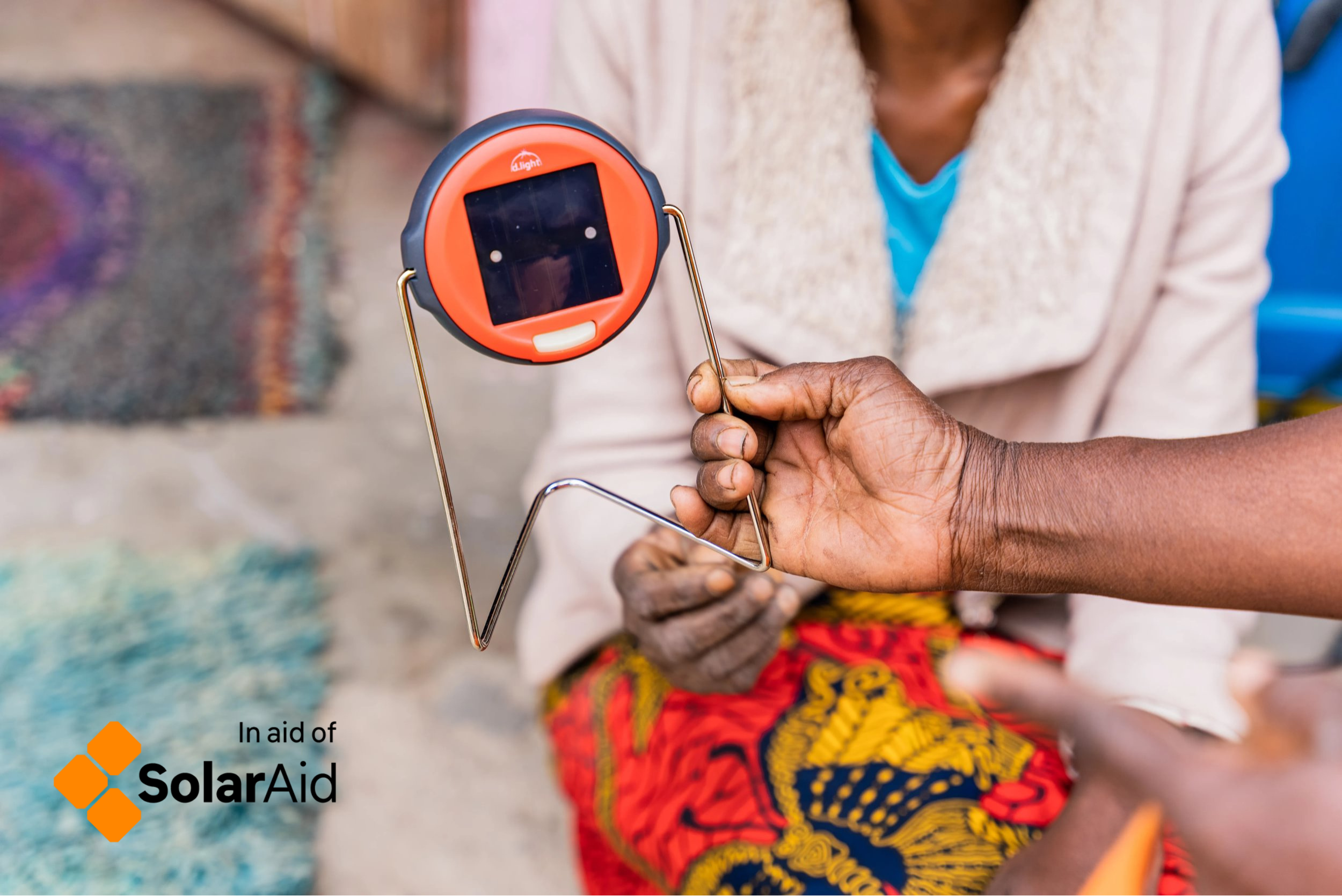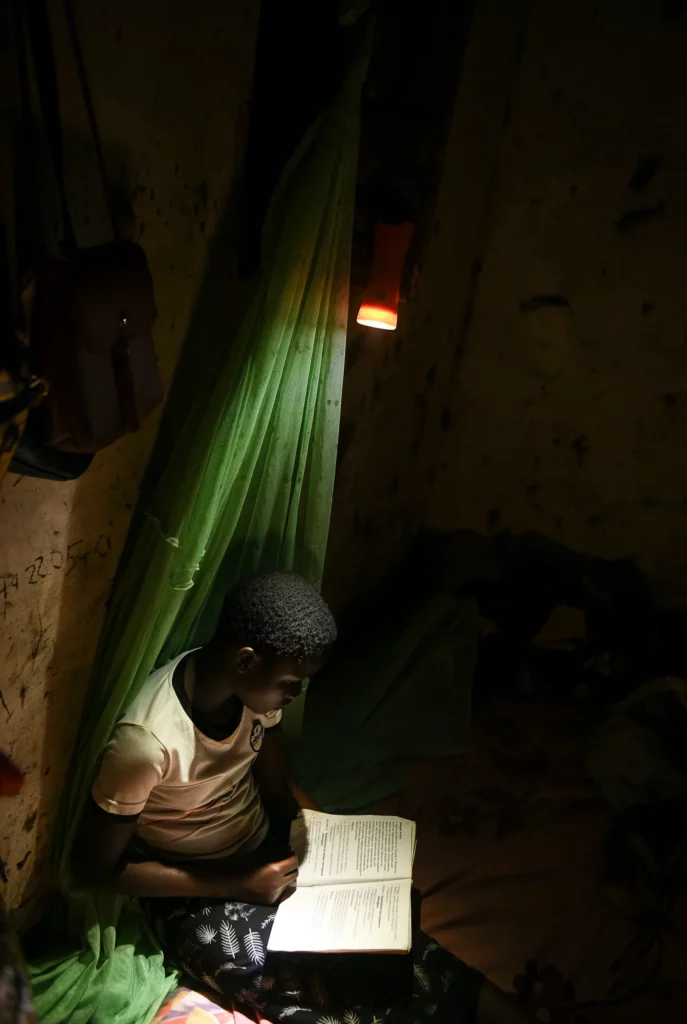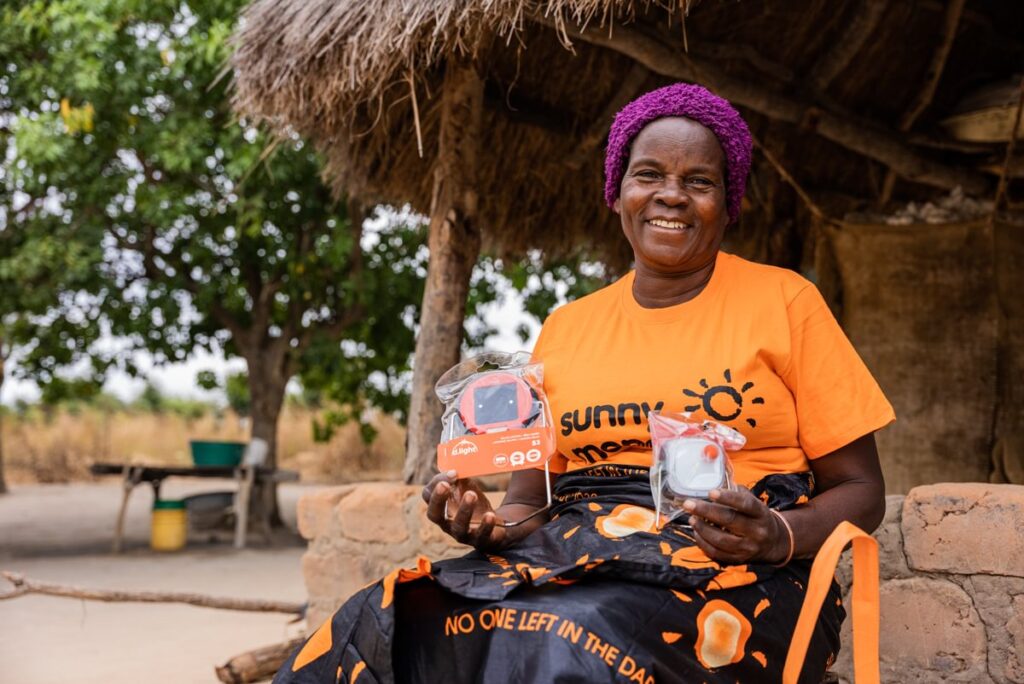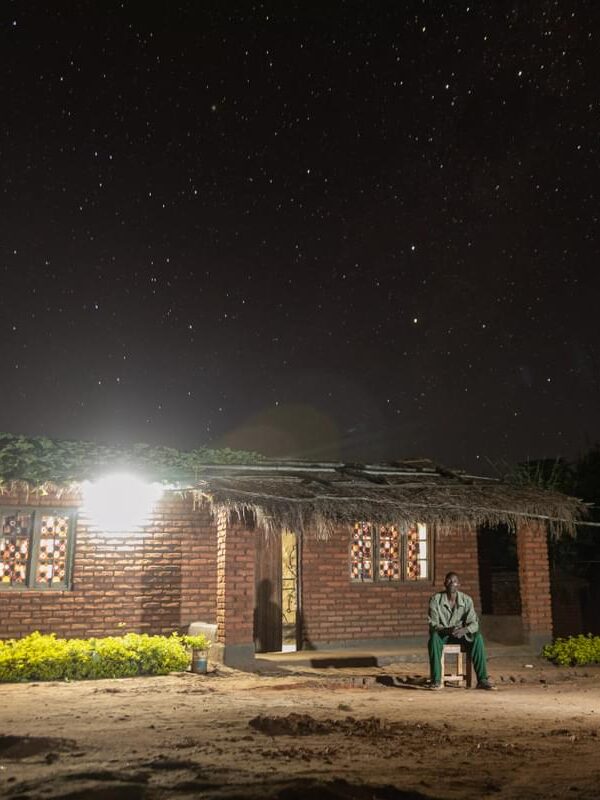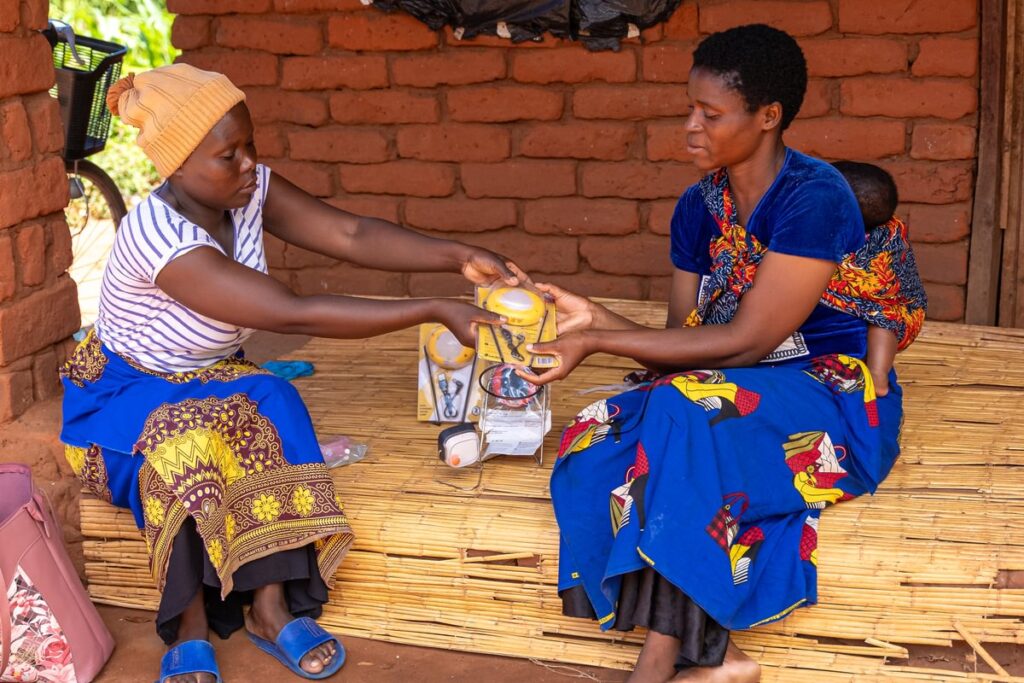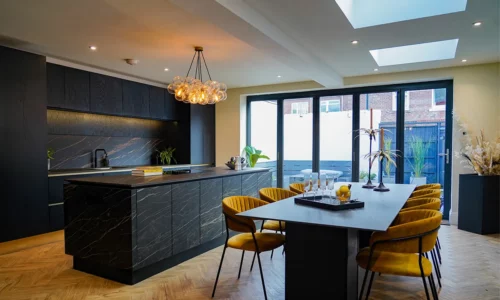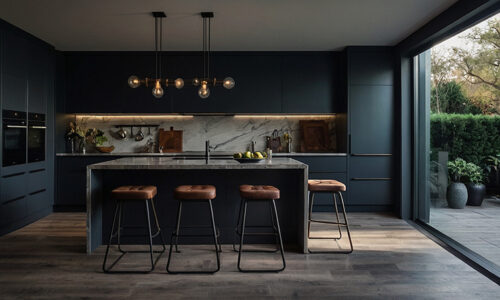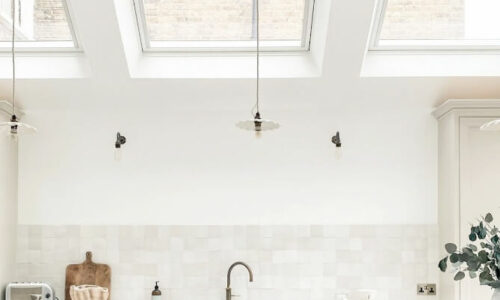Giving back to SolarAid this Black Friday
Across sub-Saharan Africa, almost 600 million people live without access to clean, safe lighting. Instead, they’re forced to use battery powered torches, kerosene lamps or paraffin candles when the sun goes down – methods that can be expensive, dangerous and toxic.
This is something that international charity, SolarAid, is working to change by developing sustainable and innovative solutions that bring safe solar power to the hardest-to-reach communities.
Their mission is to light up every home, school and clinic in Africa by 2030, which is why this Black Friday, we’re donating 50% of profits from sale weekend to SolarAid.
Find out a little more about SolarAid by watching the short video below, where we caught up with Regional Communications Officer, Thomas Nyangua Junior.
Want to know more? Have a read of our interview with Corporate Partnerships Manager, Lyndsay Dixon, as she explains more about SolarAid, their mission and their current projects.
Hi Lyndsay, thanks for chatting with us. Can can you give us an intro to the back story of SolarAid?
Lyndsay Dixon: SolarAid is an international charity set up in 2006 to combat poverty and climate change through distributing handheld solar lights in sub-Saharan Africa. We were born out of the energy sector when a renewable energy company wanted to support a charity aligning with its values. When they couldn’t find one, they created one – SolarAid. Now, we operate as a completely independent charity.
Can you tell us a bit more about the work SolarAid does and the overall goal / mission?
Almost 600 million people in sub-Saharan Africa have no access to electricity. When the sun goes down in rural communities, it gets pitch black. This means that families are left vulnerable after the sun has set, people can’t work, children can’t study – the day comes to an end.
For millions, their only choice is to use dangerous, toxic sources of light such as kerosene lamps, paraffin candles and even straw fire. These are toxic and emit fumes into peoples lungs, homes and the environment.
Our mission is to light up every home, school and clinic in Africa by 2030. Working alongside rural communities, entrepreneurs and development partners, we are developing sustainable and innovative solutions that bring solar light and power to the remotest communities that no one else is reaching.
Every time someone switches on a solar powered light, it is an instant win for people and the planet.
Can you explain how distributing the solar lights works?
We distribute different solar lights to suit a variety of needs and uses. For example, a child can borrow a small solar light from a Light Library at school to take home and study safely after dark. We also install larger solar home systems to light up people’s homes and health clinics. These can also charge other products such as a phone or a radio too.
We don’t give lights away for free. We believe the most sustainable way to create change is through creating business-based solutions, which also supports the local economy. Therefore, we operate in-country through our social enterprise “Sunny Money”. We support people to start their own solar businesses, creating a network of entrepreneurs across the countries – helping us reach the communities hardest-to-reach with clean, safe light.
Can you tell us a bit more about your Mayi Walas programme and how that works?
In Malawi we recruit, train and support women to run their own solar businesses. We call these women the Mayi Walas. This means “shining mothers” in the local language, Chichewa. There are 20 women in each Mayi Wala group. We know that women face many barriers to starting their own businesses, but we also know that they are the key influencers in the home for energy use, the most trusted in the community and have extensive networks.
Can you explain a bit more about your Light a Village project?
Light a Village is our award winning flagship project. In the remote district of Kasakula in Malawi, solar home systems are being installed into peoples homes, with the aim of lighting up 100% of households in targeted villages.
Households only pay for the energy they use, not the system. This means they have access to affordable solar light and power, which is a way to ensure we reach the poorest and most vulnerable communities with clean energy.
So far we have installed systems into 4000 homes and even in all 12 schools in the area. Next year we will have reached 100% of the households; 8813 homes.
Could you put into context for us the impact donation would have – for example £15 or £50?
A £15 donation can help us distribute a solar light to a family living without access to electricity, which on average positively affects five people. This means that a family can now feel safer at home at night after the sun sets, with the children able to study and the parents able to earn an income in the evenings.
It also means that a family will save around $126 from not having to buy expensive kerosene, paraffin candles or even endless poor quality batteries for torches to see after dark.
A £50 donation could provide a Repair Technician with the spare parts they need to repair a broken solar light and keep it working for longer.
If people want to help SolarAid achieve their mission, how can they get involved? Is it by donating or volunteering etc?
It’s easy to get involved, and we’d love you to do so. You can make a donation by visiting solar-aid.org, or fundraise with your friends and family. Sign up to our newsletter to keep up to date with all our work, follow us on social media @solaraid and share our highlights. If you work in a company which supports causes or aligns with our work why not ask them to support too.

